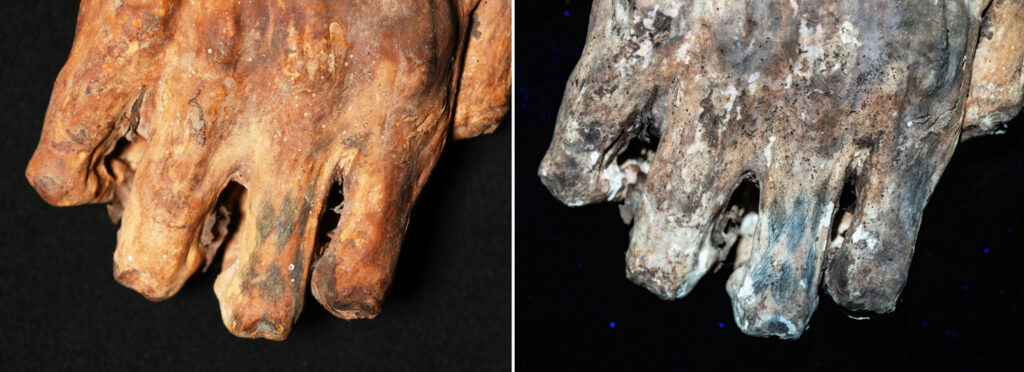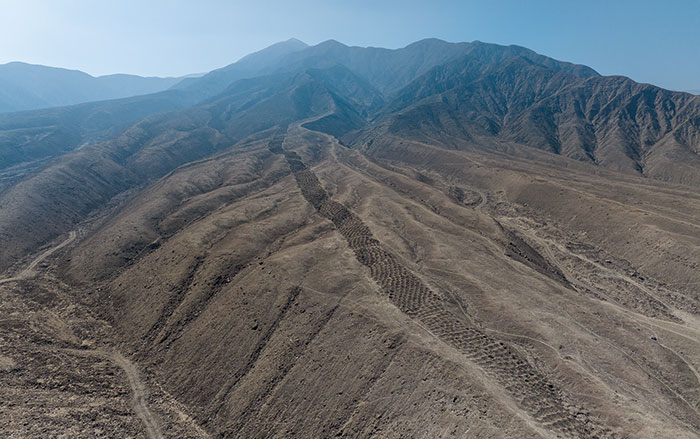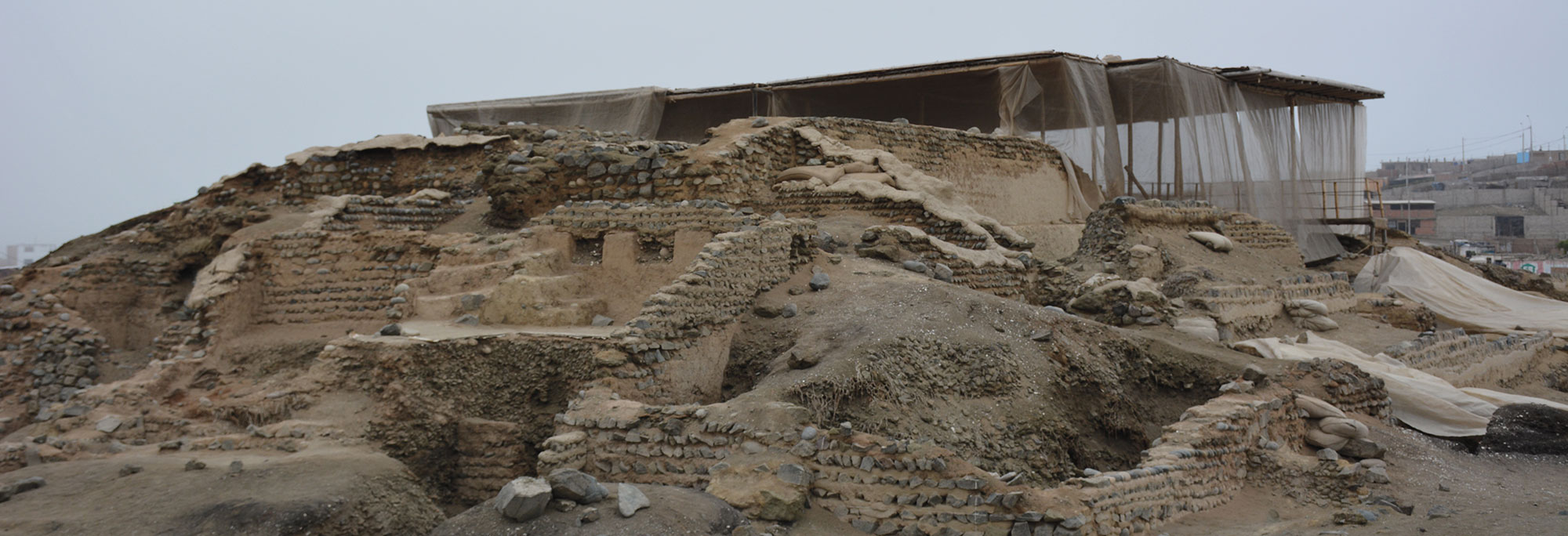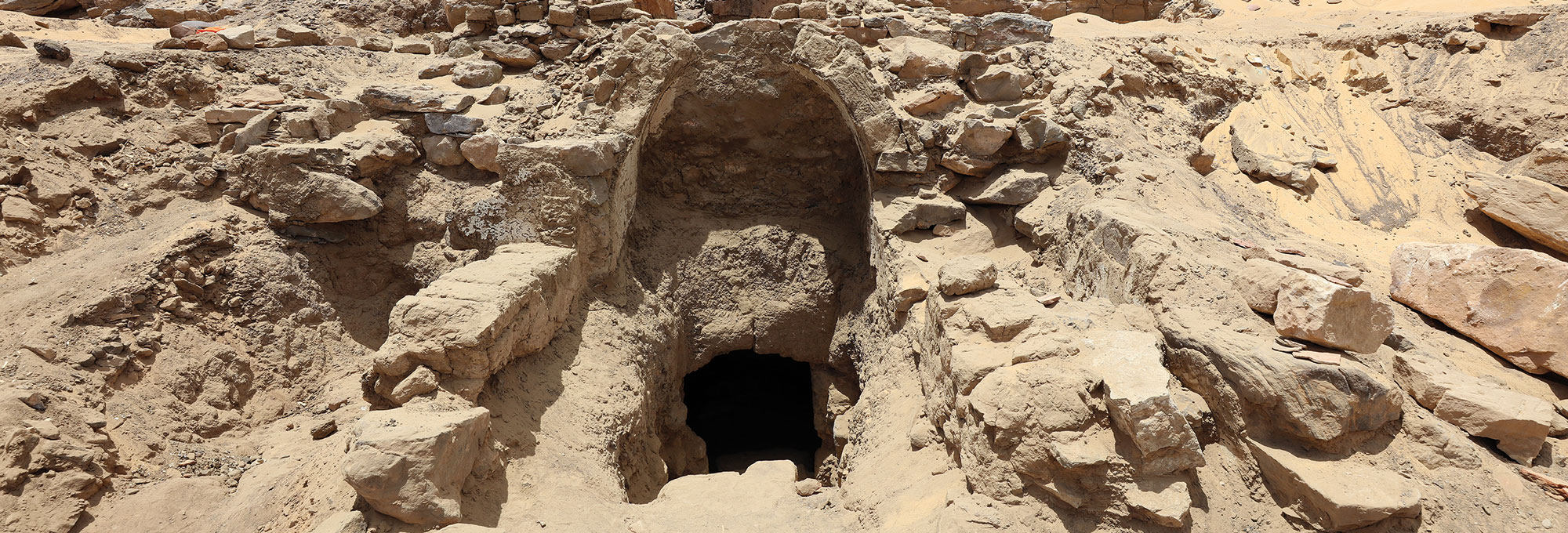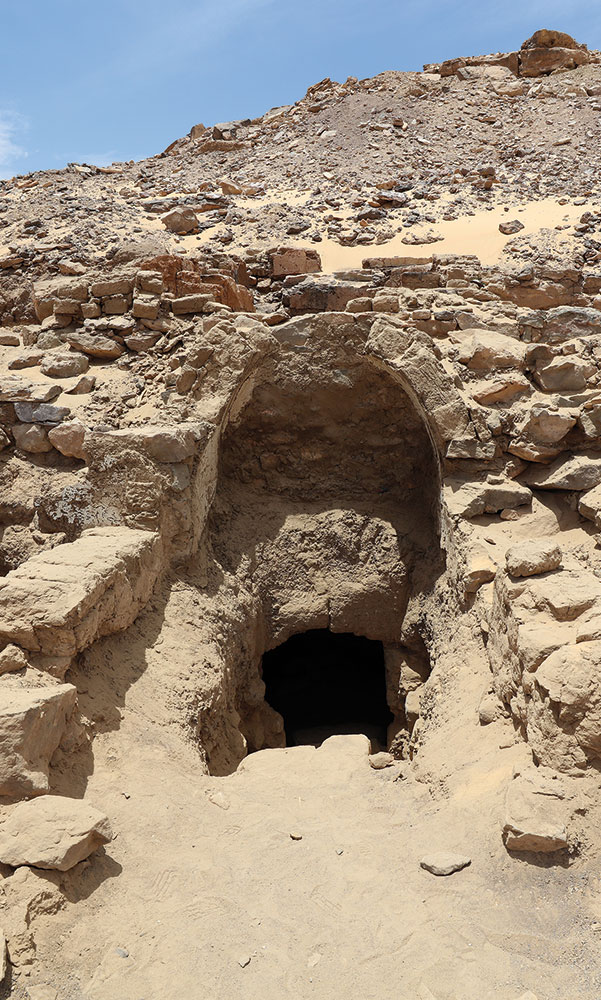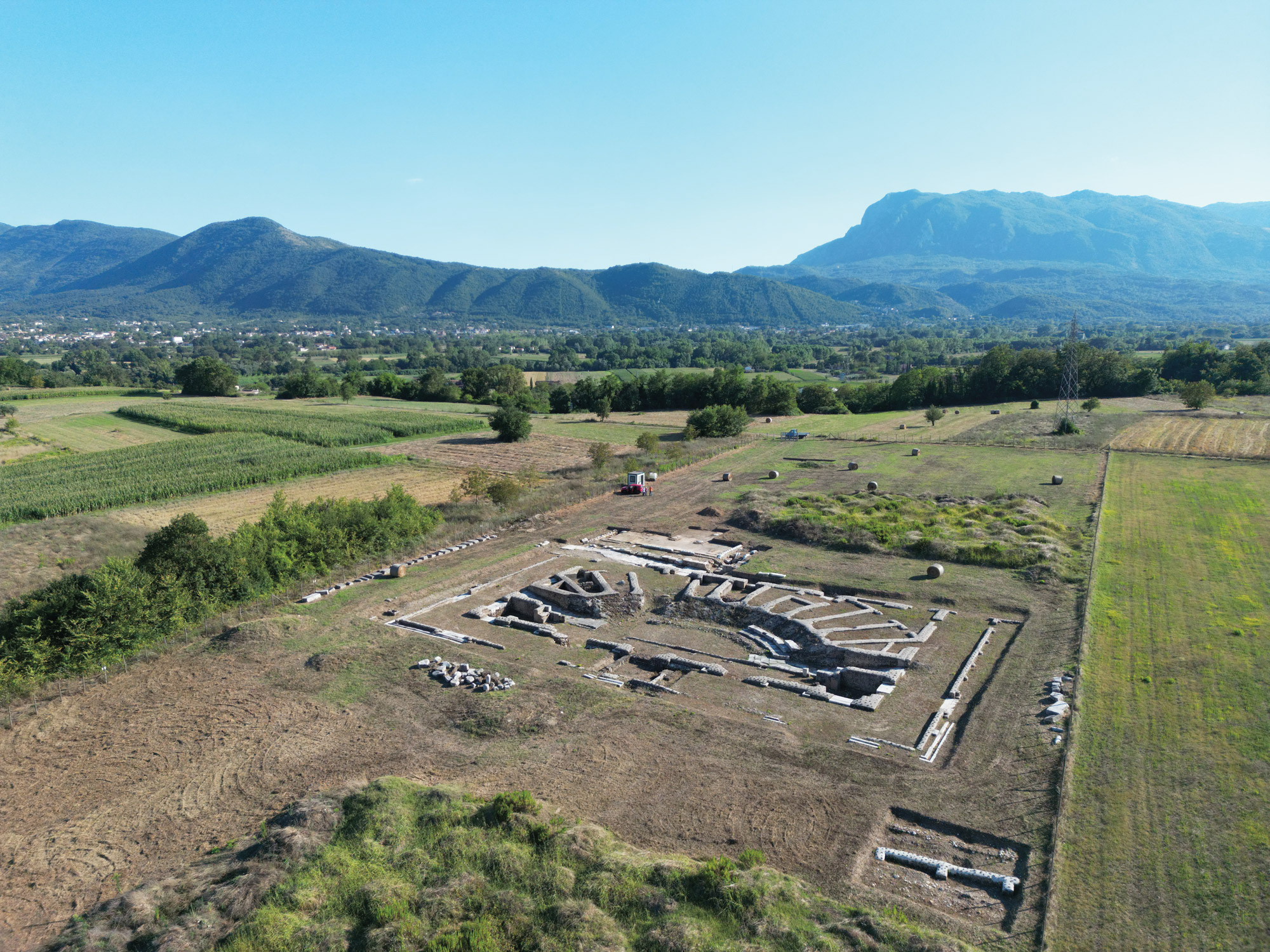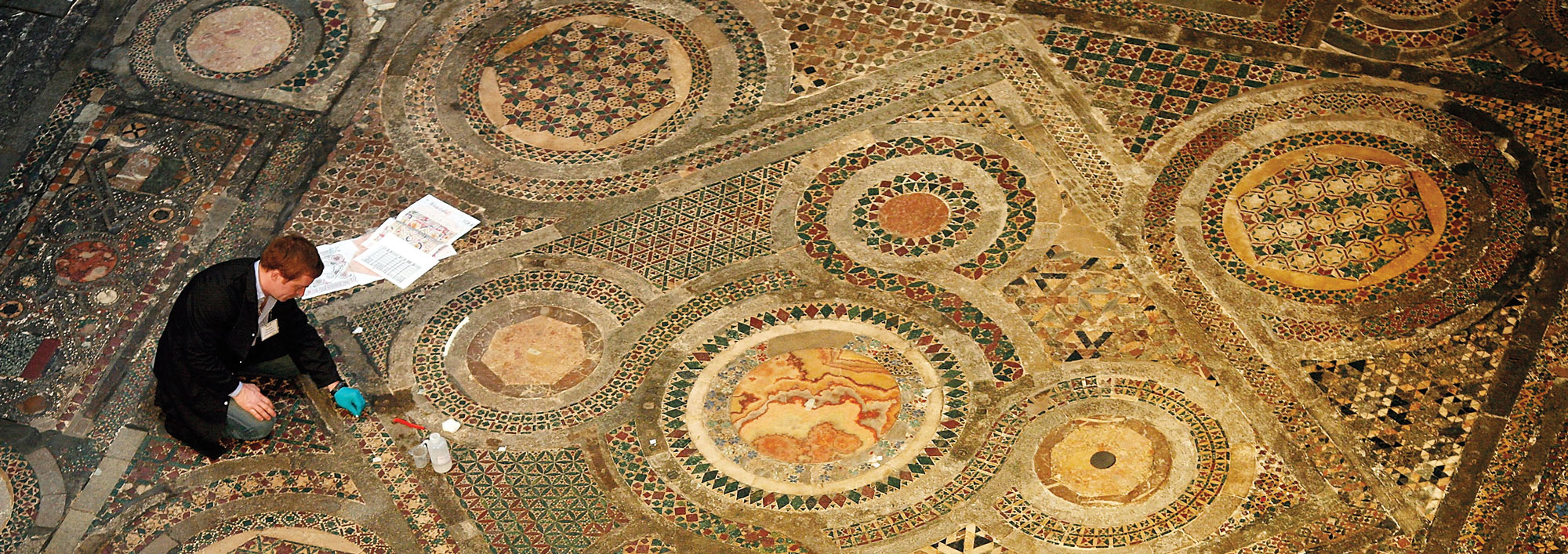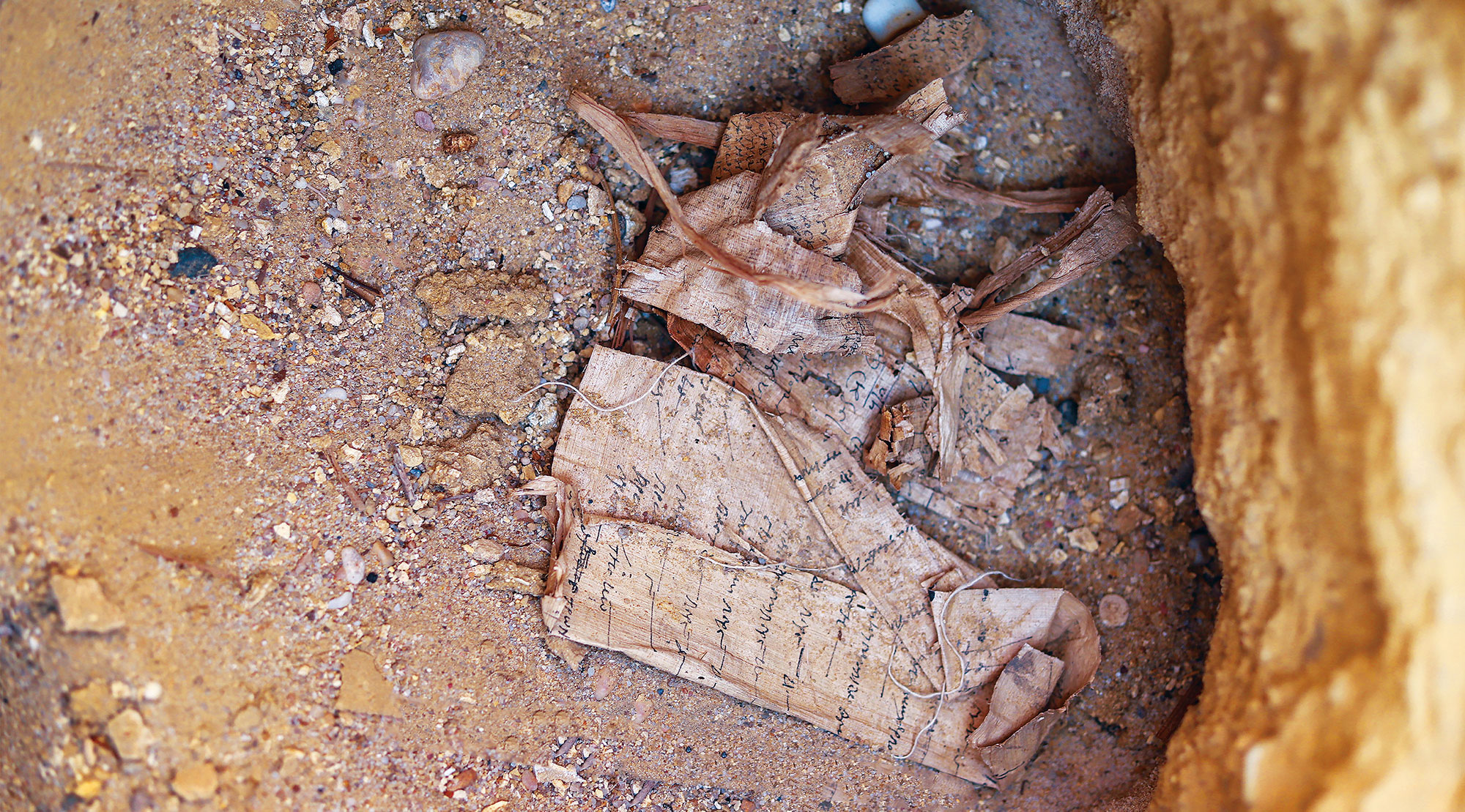MA LIU SHUI, HONG KONG—According to a Live Science report, paleobiologist Michael Pittman of The Chinese University of Hong Kong and his colleagues developed a new technique employing laser-stimulated fluorescence (LSF) to examine tattoos on more than 100 sets of mummified human remains from Peru’s Chancay culture. Tattoos will bleed and fade over time, making the design harder to see and evaluate. Pittman said that LSF makes tattooed skin fluoresce bright white, so that the carbon-based black tattoo ink becomes more noticeable. “Only three of these individuals were found to have high-detailed tattoos made up of fine lines only 0.1 to 0.2 millimeters [0.004 to 0.008 inches] thick, which could only be seen with our new technique,” Pittman claimed. These designs were made up of geometric patterns featuring triangles, similar to those found on Chancay pottery and textiles, he added. Critics of the new study note that Pittman and his colleagues did not compare other techniques for examining ancient tattoos, such as high-resolution infrared imaging and multispectral imaging, with the new LSF imaging technique. Read the original scholarly article about this research in Proceedings of the National Academy of Sciences. To read about tattooing practiced by another Peruvian culture, go to "Ancient Tattoos: Moche Mask and Mummy."
